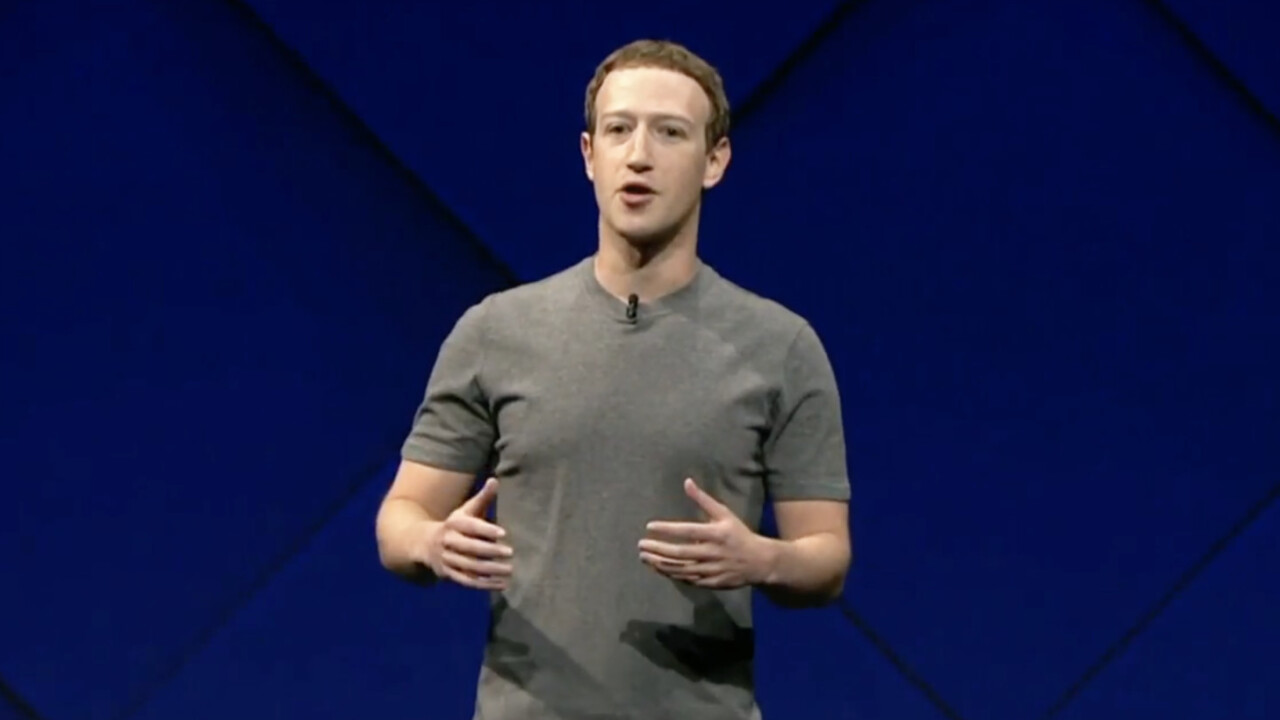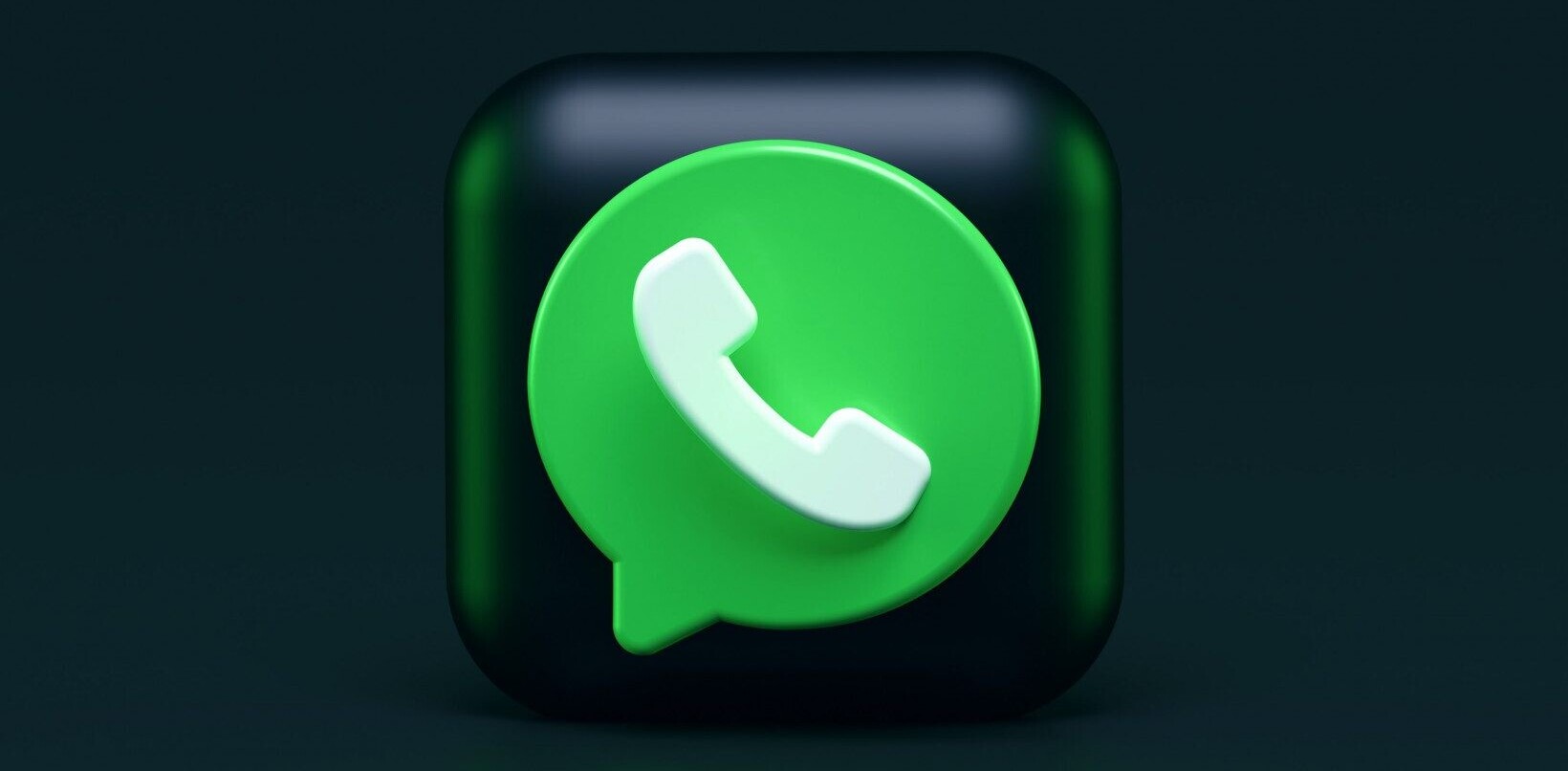
Mark Zuckerberg recently fell into a whole ocean of hot water when he appeared to equivocate on the controversial topic of Holocaust denial. But his message is less about Facebook’s attitude towards fringe opinions, and more about its attitude towards all opinions — yours included.
In an interview this week with Recode‘s Kara Swisher, Zuckerberg gave his thoughts on giving a voice to content many would find offensive. He specified one core principle of the platform was “giving people a voice, so that people can express their opinions.”
Swisher asked him about content related to Sandy Hook and the popular conspiracy theory that it was a hoax. Zuckerberg volunteered to “take this closer to home,” and mentioned Holocaust denial:
I find that deeply offensive. But at the end of the day, I don’t believe that our platform should take that down because I think there are things that different people get wrong… I just don’t think that it is the right thing to say, “We’re going to take someone off the platform if they get things wrong, even multiple times.“
To say this didn’t go over well would be a gross understatement. In response to several Jewish organizations condemning his words, Zuckerberg sent an email to Recode, clarifying his intent:
I enjoyed our conversation yesterday, but there’s one thing I want to clear up. I personally find Holocaust denial deeply offensive, and I absolutely didn’t intend to defend the intent of people who deny that.
I’d like to take this moment to say we here at TNW find Holocaust denial equally repugnant, and we want no association with the people who partake of it either.
That being said, that was only the more sensationalist part of the interview. Zuckerberg’s stance was perhaps more accurately summed up when he spoke about building up fact-checking institutions who can help police Facebook’s content.
I don’t think that we should be in the business of having people at Facebook who are deciding what is true and what isn’t.
There you have it: Zuckerberg is saying Facebook won’t be the one to arbitrate what is true or not. It’s not about Holocaust denial — that’s not the material point. The point is that Facebook is voluntarily choosing to be an open forum of expression, and that means it’s granting the right to speak to everyone — even the people we, who share in the opinion of the majority, do not agree with and do not want to listen to.
When I first read the transcript of Zuckerberg’s interview, I thought of a speech given in 2006 by one of my favorite writers, the late Christopher Hitchens. On the topic of free speech and a hypothetical Holocaust denier, he said:
That person doesn’t just have a right to speak, that person’s right to speak must be given extra protection, because what he has to say … might in any case give people [reason] to think about why do they know what they already think they know. How do I know that I know this, except that I’ve always been taught this and never heard anything else?… What would you do if you met a Flat Earth Society member? Come to think of it, how can I prove the Earth is round?
If we take Facebook as the open platform of free expression Zuckerberg is presenting it to be, then that means, whether we like it or not, we’re going to see things on there we don’t agree with.
Granted, Facebook is not a public forum — it’s a private company operating a social media platform, and it may enforce any rule it sees fit. A common tactic when advocating for Facebook to remove something is that Facebook may do so without being accused of censorship — you’re at the mercy of Facebook’s Terms of Service when you post there. That said, Zuckerberg has made it clear he’s choosing to operate Facebook in the manner of a platform where everyone has an equal right to expression, with all the messy implications that invites:
I think recently, a lot of people may be just more focused on some of the negatives that can come with people widely having a voice, but I think that’s become a more unpopular belief in the last few years, that giving people a voice is good. But we still believe it. I think that you see a lot of good around the world come from that, and I think that we will eventually come around to that as well in the US broadly.
This is all tangled up with Facebook’s fight against fake news, in which it’s taken the stance that it won’t outright remove fake news but will instead demote it. This solution walks a fine line but nevertheless allows Facebook to maintain its stance on allowing others to speak while protecting the community.
Most recently, when asked about why Facebook doesn’t outright ban news sites known for peddling stories of dubious veracity — Alex Jones’ Infowars, in this case — the company responded with a public statement saying, “We believe banning these Pages would be contrary to the basic principles of free speech.”
At the risk of looking pretentious, I’d like to quote Thomas Paine in his introduction to Age of Reason, which I think captures the appropriate spirit with which to approach Facebook’s self-proclaimed openness:
I have always strenuously supported the Right of every Man to his own opinion, however different that opinion might be to mine. He who denies to another this right, makes a slave of himself to his present opinion, because he precludes himself the right of changing it.
Get the TNW newsletter
Get the most important tech news in your inbox each week.





